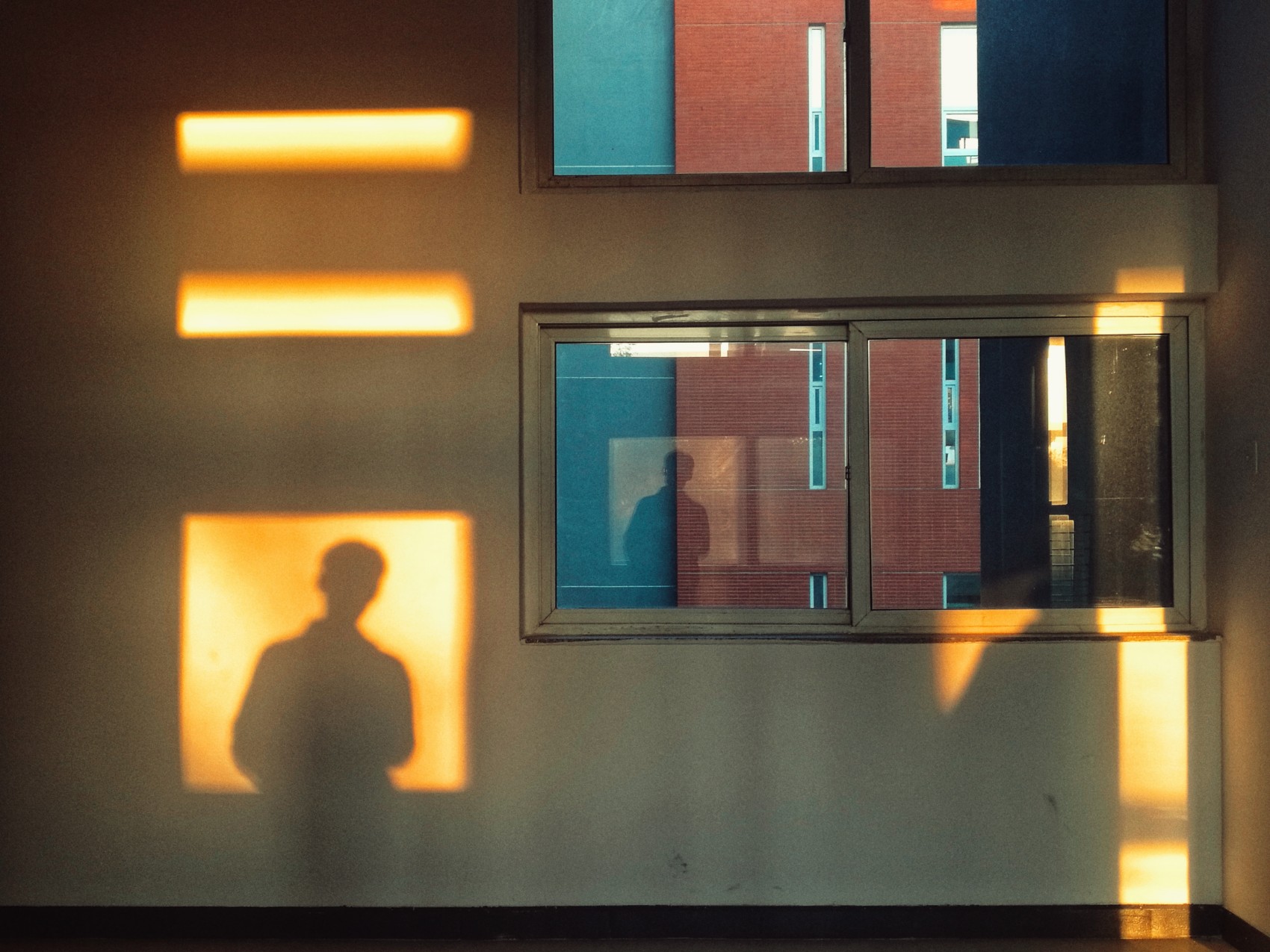In recent years, China has become a world leader in surveillance technology and has employed the use of AI, namely facial recognition, in schools in multiple ways.
But now, China’s education authorities plan to ‘curb and regulate’ the use of facial recognition and other apps in the education system which until now have largely been taken up, unhindered, by individual provinces.
The pledge came from Lei Chaozi, director of science and technology at China’s Ministry of Education.
Lei acknowledged that the use of facial recognition on campus has both data security and personal privacy issues. “The Ministry of Education has begun to pay attention to this matter and organize expert argumentation research,” Lei stated.
The wake-up call came from a recent controversy regarding China Pharmaceutical University (CPU) in Nanjing, Jiangsu Province.
The university used facial recognition at school gates, in classrooms and in dormitories to monitor students attendance. In two classrooms the tech has been installed to monitor student’s behaviour and attentiveness in class by analysing their body movements and facial expressions.
The pilot project was met with criticism online over privacy concerns.
Past attempts to track school children in China, such as GPS tracking uniforms and tracking bands, have been met with similar controversy and social media outrage.
The Ministry of Education’s new guidance contains information on the regulation for the use of all sorts of apps used by education providers, reports say.
It recommends that education authorities and schools seek the opinions of parents, students and teachers before introducing new technology.
The guidance states that apps in use have to be registered by the end of this year to build a database for better supervision.
“We need to be very careful when it comes to students’ personal information,” Lei said. “Don’t collect it if it’s not necessary. And try to collect as little as possible if we have to.”

